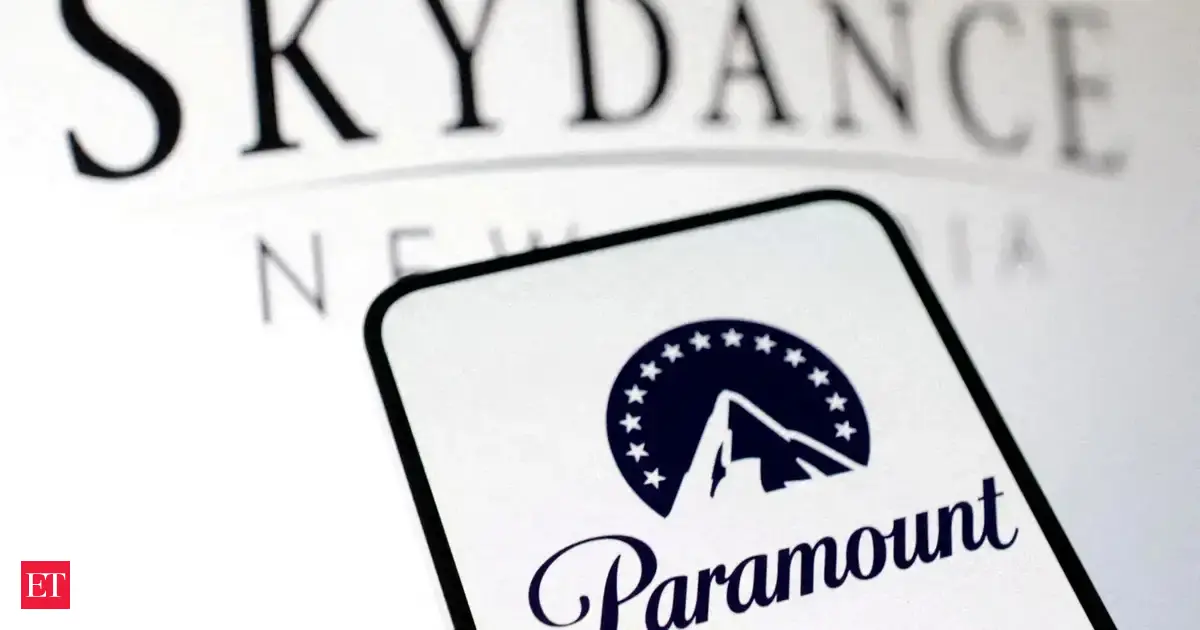Copyright Business Insider

This as-told-to interview with Barry Duong, lead AI strategist for public equities at the professional services AI startup Hebbia, where his team generates original prompts and works directly with financial services firms. Previously, Duong was a portfolio manager at the hedge fund Balyasny Asset Management, an analyst at Citadel, and an associate at New Mountain Capital. His comments, told to Business Insider correspondent Reed Alexander, have been edited for length and clarity. Why I left Wall Street for AI My most recent stint in the world of financial services was in hedge funds. After I left Balyasny, I was under a noncompete, and I decided to learn more about AI. I started testing tools, including stealth-mode startup products that were in early stages. What was possible was far bigger than I expected. Then you start thinking about the future — because that's what investors do — and I got super curious about where AI was going. I couldn't ignore that curiosity anymore. I had been at firms that had started to adopt AI technology and were creating some of their own, but, at the time that ChatGPT was being introduced, they were still early in their adoption. I joined Hebbia this year as lead AI strategist for public equities. Being inside the AI industry felt very appropriate for me as opposed to being on the receiving end. Related stories Business Insider tells the innovative stories you want to know Business Insider tells the innovative stories you want to know As an AI strategist, I help clients navigate the product and incorporate their feedback while upskilling their teams, and we build prompt libraries and end-to-end workflows. One of the things that makes the company different is that we don't think about just automating menial tasks. We actually think about making everyone at every stage of seniority in the clients that we serve better at their jobs. Everything from the junior investment banker to the senior managing director — all of those profiles can get better at their jobs. How our Wall Street insights help us do this work At Hebbia, my team works on developing prompts on behalf of our clients. We lead training sessions in front of hundreds of our clients' employees at a time. We're teaching them to write their own prompts. Sometimes we conduct one-on-one sessions with a senior banker or investor, helping to craft customized workflows in our product that serve a big unlock for that person. Sometimes it's automating a PowerPoint deck or a financial model —something they don't have to do manually anymore. The work is iterative. There's a component that can be about context engineering. Then there's the prompt engineering, which sometimes feels like wordsmithing. There's also selecting the right model for the task. We work diligently to find that the perfect combination of prompt and model selection to then get a golden outcome. The human in the loop is very important. It's not about age, it's not even about experience. It's about ingenuity, it's about creativity, it's about problem solving, it's about hand-to-hand combat. My team comes from tier-one financial services firms, including both buy-side and sell-side firms, across different asset classes, product groups — you name it. They have a deep understanding of finance by vertical — investment banking, credit, et cetera — rather than focusing on technical employees in the traditional Silicon Valley sense. These folks bring their domain expertise, plus a very strong passion and enthusiasm for AI. The common thread that unites them all is that they want to drive change, and they want to help clients drive that change, and really be at the forefront of it all. Our power users can process hundreds of thousands of pages of information a week. We recently crossed a billion pages processed for clients. That's roughly 3,000 years of reading and 2,000 years of analysis. Why others should consider the move Products like ours allow you to be more intelligent and strategic about deals — making everybody in the ecosystem not only more productive overall, but more focused on the opportunities most likely to succeed. I am of the view that when productivity enhancements and technology change come, it doesn't mean you need fewer of those people. It just means each of them will be expected to do more. AI is going to create new ways of doing business, tasks, and activities. People will have to become experts not just at prompt engineering but at orchestrating AI. Junior people will now become managers of agents. If you are managing those people as a mid- or senior-level person, you also have to learn how to manage AI yourself. You can't manage someone who manages AI unless you've done it yourself. Finance has always been a combination of art and science. AI is nowhere near done. There are frontiers that are still being explored, like foundational quant models that could do math a bit better than maybe the LLMs can.



